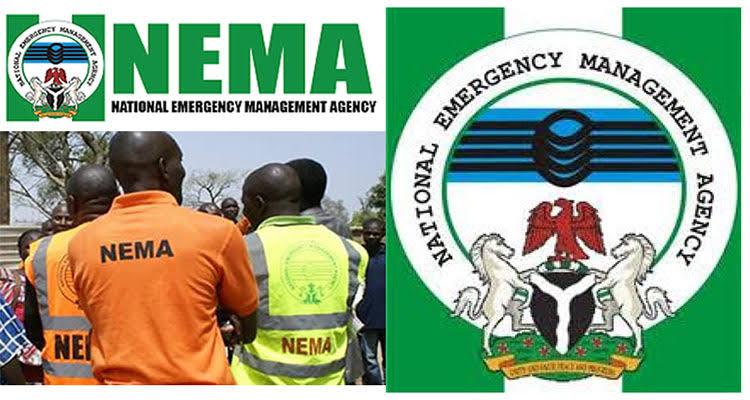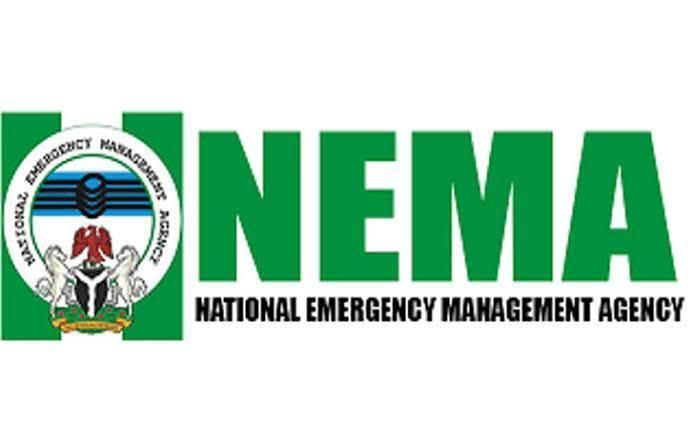Explore Our Bill Payment Services:

- Military And Defence
- Emergency
- Nigeria
Functions Of Nema: Their Official Roles & Responsibilities
The National Emergency Management Agency (NEMA) is Nigeria’s main body responsible for coordinating disaster response and recovery efforts across the country. Established in 1999, NEMA operates under the Federal Ministry of Humanitarian Affairs, Disaster Management and Social Development.
Whether it's a flood in Lagos or a fire in Kano, NEMA is the first line of government response—and it plays a major role in saving lives, providing relief, and rebuilding communities.
In this post, we’ll break down the key functions and responsibilities of NEMA in simple terms.
Key Functions of NEMA in Nigeria
Here are the main responsibilities of NEMA, as officially outlined and practiced nationwide:
1. Disaster Preparedness & Prevention
NEMA is in charge of creating strategies that help prevent or reduce the impact of disasters before they happen.
-
Conducts risk assessments
-
Develops early warning systems
-
Engages in public awareness campaigns
-
Builds disaster response frameworks with state and local governments
2. Coordinating Disaster Response
When disasters strike—floods, building collapses, explosions, fires, or pandemics—NEMA coordinates the federal government’s response efforts.
-
Mobilizes search-and-rescue teams
-
Provides emergency medical care
-
Coordinates with fire services, health workers, and other agencies
-
Deploys emergency relief materials (food, water, shelter)
3. Relief & Rehabilitation
NEMA doesn’t just respond during emergencies—it also helps support victims after disasters.
-
Distributes relief items (mattresses, clothing, food, medicine)
-
Rebuilds damaged infrastructure (temporary shelters, clinics)
-
Works with NGOs and international donors
-
Resettles displaced persons (IDPs)
4. Policy Development on Disaster Management
NEMA is responsible for developing national policies on disaster risk reduction.
-
Advises the Federal Government on best practices
-
Collaborates with ministries and international partners (e.g., UNDP, WHO)
-
Leads research on disaster trends and response efficiency
-
Promotes risk-sensitive development planning
5. Training & Capacity Building
NEMA trains individuals, government agencies, and volunteers in emergency response skills.
-
Organizes fire drills, simulations, and workshops
-
Provides first aid, evacuation, and disaster education programs
-
Supports state emergency management agencies (SEMAs) with technical skills
-
Offers capacity-building programs for disaster-prone communities
6. Coordination with State and Local Emergency Agencies
NEMA works hand-in-hand with State Emergency Management Agencies (SEMAs) and Local Emergency Management Committees (LEMCs) to ensure disaster management is well structured at every level.
-
Provides funding and technical support to SEMAs
-
Ensures national plans align with local realities
-
Promotes community-based disaster management
7. International Collaboration
NEMA maintains strong relationships with international disaster management organizations.
-
Partners with the UN, ECOWAS, AU, and Red Cross
-
Participates in global disaster relief missions
-
Secures support and grants for disaster response operations in Nigeria
8. Data Collection, Research & Early Warning
NEMA collects disaster-related data to improve future responses.
-
Tracks weather patterns, epidemics, and climate risks
-
Uses satellite systems and technology for monitoring
-
Sends out public alerts and updates via radio, TV, and social media
Quick Summary Table
| Function | Description |
|---|---|
| Disaster Preparedness | Risk reduction, early warning systems |
| Emergency Response | Coordinating rescue and relief operations |
| Relief & Rehabilitation | Supporting affected individuals and communities |
| Policy Development | Designing national strategies and frameworks |
| Training & Capacity Building | Educating emergency responders and the public |
| SEMA Coordination | Working with states and local governments |
| International Collaboration | Partnerships for technical and financial support |
| Research & Early Warning | Data analysis and public alert systems |
Frequently Asked Questions (FAQs)
Q: What type of disasters does NEMA handle?
NEMA handles both natural and man-made disasters such as floods, fire outbreaks, epidemics, explosions, building collapses, and displacement due to conflict.
Q: Is NEMA only active during emergencies?
No. NEMA is involved in prevention, planning, training, and relief before, during, and after emergencies.
Q: Can individuals volunteer or work with NEMA?
Yes. NEMA accepts volunteers and also employs staff for both field and office-based roles. Recruitment is usually done through official government portals.
Conclusion
The work of NEMA is vital to Nigeria’s safety and development. From managing emergencies to rebuilding lives, NEMA plays a central role in national disaster response. Whether you're a student, job seeker, or concerned citizen, understanding the functions of NEMA helps you appreciate the importance of proper disaster management systems.
NEMA is not just about reacting to problems—it’s about saving lives, building resilience, and preparing Nigeria for a safer tomorrow.









